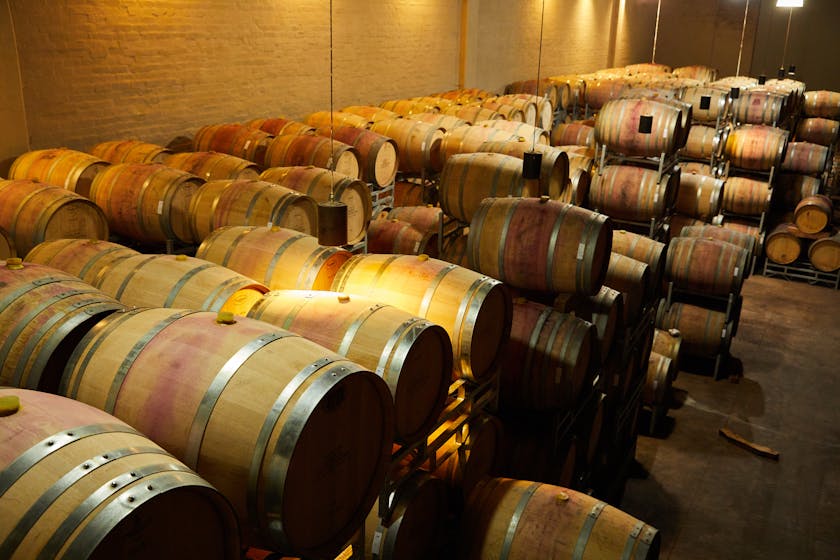When it comes to emergency preparedness, having a solid plan for bulk meal storage can be a lifesaver. Emergencies are unpredictable, but having a stockpile of food ensures that you can feed your family when grocery store trips are not an option. This guide will show you how to effectively store meals for the long-term, ensuring you’re ready for any situation.
Understanding the Basics of Bulk Meal Storage
Bulk meal storage is not just about buying large quantities of food; it’s about storing these foods in a way that maximizes shelf-life and nutritional value while taking up minimal space. The first step is to understand what types of food are best for bulk storage. Grains, beans, powdered milk, and canned goods are excellent starting points due to their long shelf lives and versatility.
Selecting the Right Containers
Choosing the right containers is crucial for maintaining the quality of your stored meals. Air-tight containers made of food-grade plastic or glass can prevent moisture and pests from spoiling your food. Additionally, consider using vacuum-sealed bags for items like grains and beans to further extend their freshness.
Organizing Your Storage Space
Efficient organization is key to maximizing storage space. Use shelving units to keep containers off the ground and label everything with expiration dates. Rotate your stock regularly to use the oldest items first, ensuring nothing goes to waste.
Creating a Diverse Meal Plan
An emergency food supply should be diverse to meet nutritional needs and prevent palate fatigue. Include a variety of proteins, carbohydrates, and fats, as well as a selection of spices and condiments to add flavor to your meals. Plan for a balance of ready-to-eat items and ingredients that can be used to cook more elaborate dishes if conditions allow.
Learning Preservation Techniques
Preservation techniques such as canning, dehydrating, and freeze-drying can extend the life of fresh foods. Investing in a food dehydrator or learning how to can vegetables and fruits at home can be a fun and practical way to prepare for emergencies.
Considering Special Dietary Needs
Don’t forget to take into account any special dietary requirements of your household. Stock up on gluten-free, low-sodium, or allergy-friendly alternatives as needed. Remember to also include vitamins and supplements to ensure a well-rounded diet.
Practicing Safe Food Handling
In an emergency, safe food handling is still important to prevent foodborne illnesses. Be sure to include essentials like water purification tablets, a manual can opener, and basic cooking utensils in your bulk meal storage plan.
Regularly Updating Your Emergency Food Supply
Finally, make it a habit to review and update your emergency food supply at least once a year. Replace items that are near expiration, and take note of any changes in dietary preferences or needs. Staying proactive will ensure your bulk meal storage remains effective and reliable.
By following these guidelines, you can create a robust emergency preparedness plan with a focus on bulk meal storage. Remember, the goal is to be prepared, not scared. With a well-stocked pantry of emergency meals, you’ll have peace of mind knowing that you can weather any storm.



